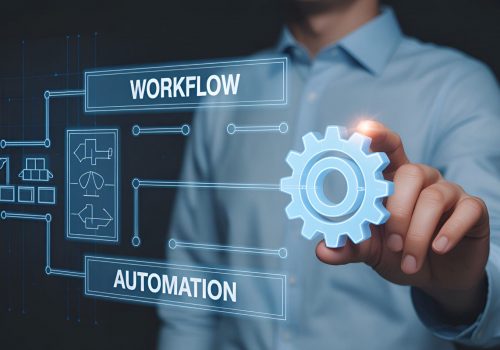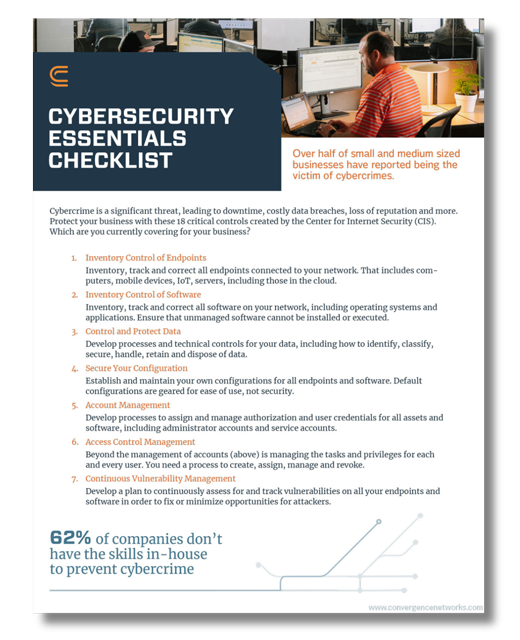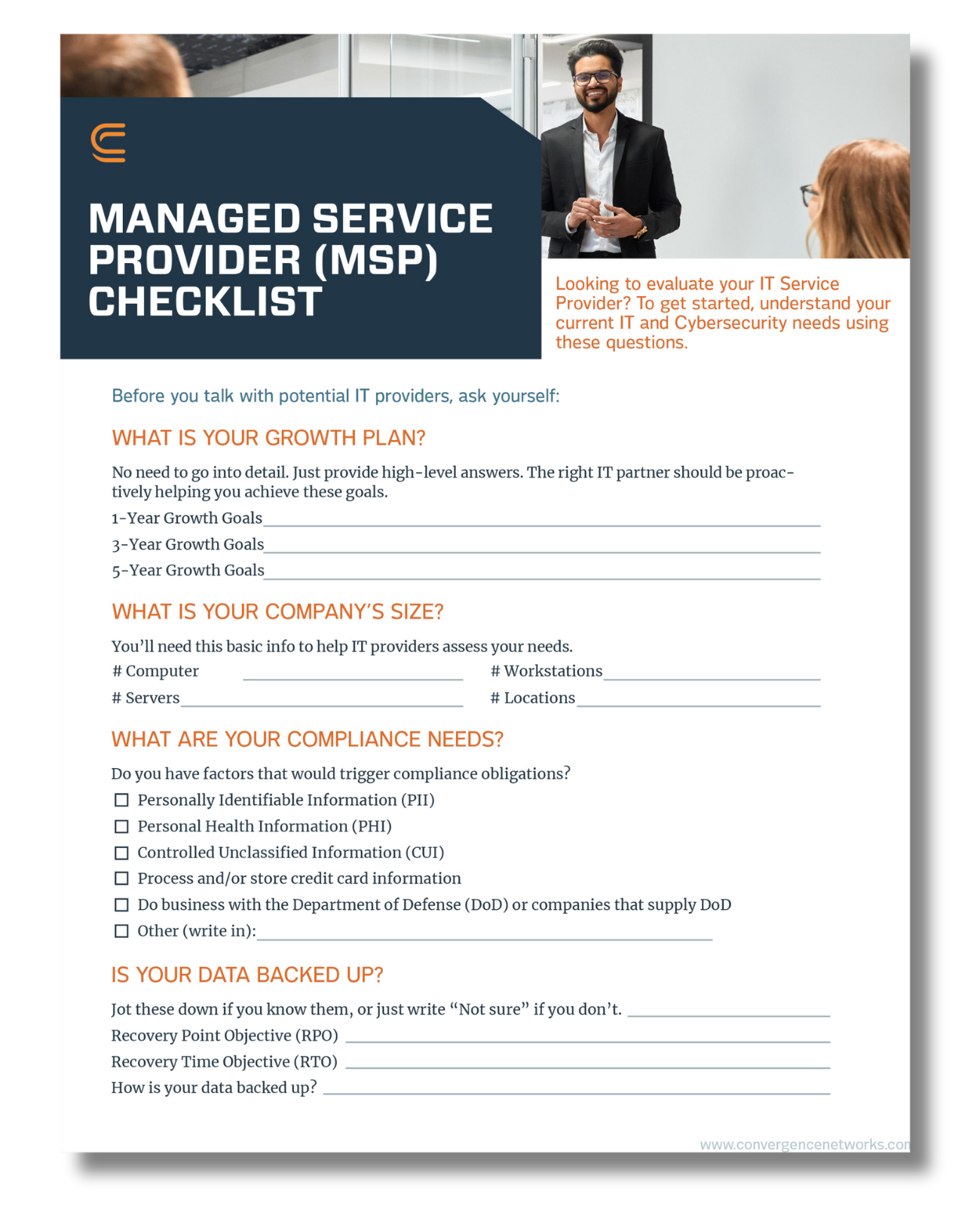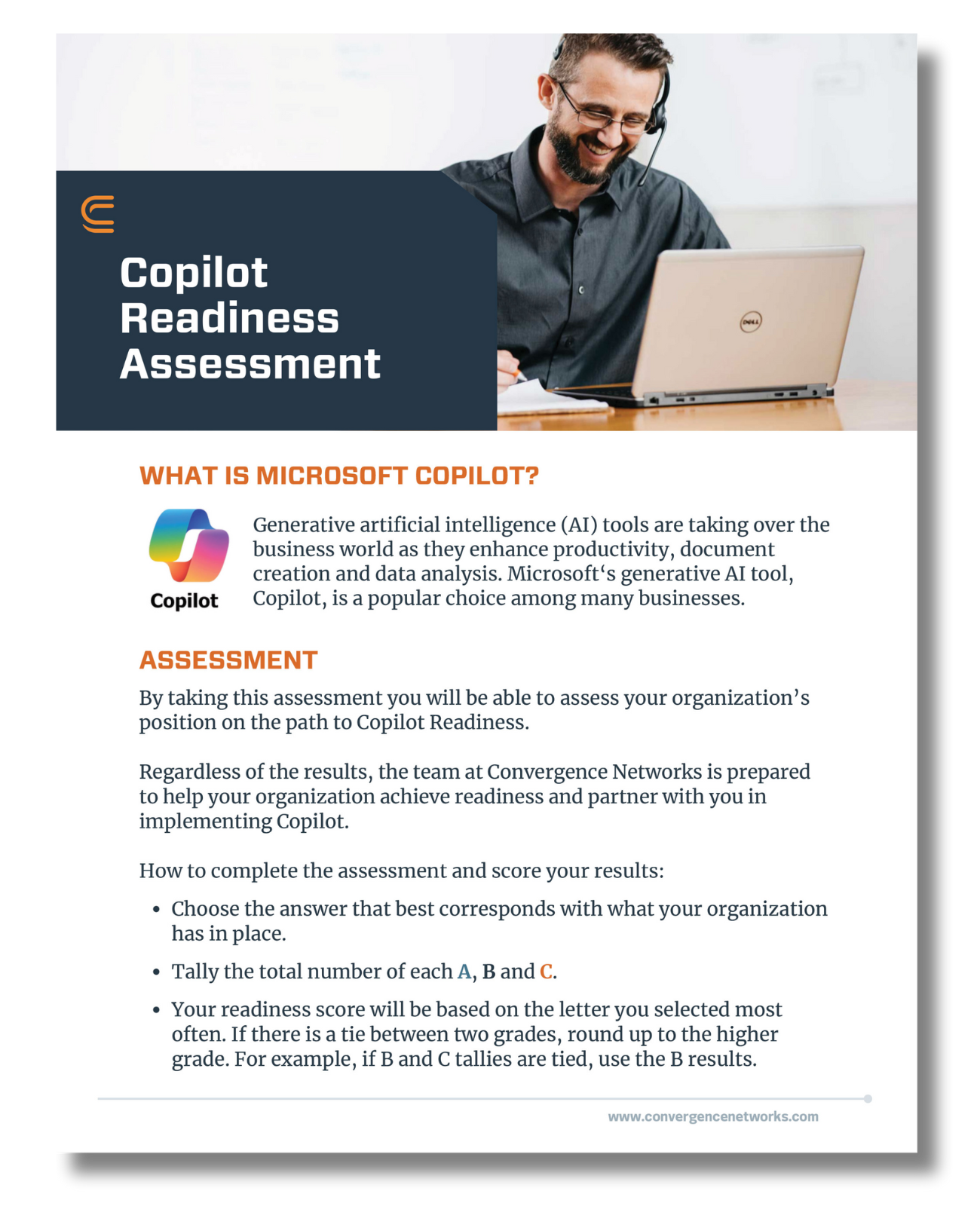We have all heard of AI in 2024 and witnessed a significant shift in how people envision the future. Companies like Microsoft, Google, and Apple have brought AI to the forefront, showcasing its potential and making it part of daily life and business. Unless you’ve been living under a rock, you’ve likely heard of tools like ChatGPT, Copilot, and others that demonstrate the capabilities of artificial intelligence. But have you heard of AI agents?
AI agents represent the next revolution in AI technology. AI Agents will be introduced in OpenAI in 2025, and Microsoft will also be adding these capabilities to Copilot. Unlike chatbots, which primarily answer questions and perform simple tasks based on user input, AI agents can autonomously manage complex workflows, make independent decisions, and adapt to new data over time. These agents are equipped not only with natural language understanding but also with tool access and the capacity to initiate actions on their own, making them powerful in enterprise contexts from healthcare to finance and customer service.
The Technology Behind AI Agents: What Makes Them Different?
AI agents differ from traditional LLMs in their autonomy and access to a suite of tools and databases. They can call on external APIs, retrieve and process information from real-time sources, and even create subtasks to fulfil complex objectives. This autonomous tool usage allows AI agents to handle sophisticated tasks like data analysis, workflow optimization, and task delegation abilities that go well beyond simple text-based interactions.
As these agents store historical data and learn from each interaction, they adapt over time, fine-tuning their actions to improve the efficiency and relevance of their responses. By integrating memory and adaptability, AI agents deliver a more personalized and contextually aware experience.
Key Applications Across Industries: Where Are AI Agents Making an Impact?
AI agents can revolutionize industries that self-manage complex operations independently. In healthcare, they could accelerate diagnosis and treatment, using advanced data analysis to provide quicker insights to the professionals. In the case of finance, an AI agent may automate compliance checks, risk analysis, loan processing, fraud detection, and many more with a focus on accuracy and saving time.
Beyond these fields, AI agents can optimize manufacturing and supply chains by monitoring production, predicting maintenance needs, and improving logistics. In customer-facing roles like marketing, insurance, and customer service, AI agents can synthesize data to predict customer needs, provide personalized insights, and enhance both agility and customer satisfaction. When agents work together in “agentic workflows,” automating steps from document processing to reporting, they offer businesses a new level of productivity, consistency, and precision that is difficult to achieve manually.
Strategic Integration: How Leaders Can Prepare for AI Agents
Successfully deploying AI agents in an organization requires a clear strategic approach. The first step is identifying which processes or tasks would benefit most from AI agent support. Leaders should prioritize high-volume, data-intensive tasks where automation and analysis can yield immediate improvements.
Implementing AI agents also necessitates strict governance frameworks. Data privacy, security protocols, and regulatory compliance should be central to any deployment strategy. By setting boundaries around data usage, access levels, and permissions, organizations can maximize AI agent effectiveness while minimizing risks.
Building a team with expertise in AI tools and workflows is equally important. These team members will drive the integration of AI agents and ensure their effective use across departments. As AI technology advances rapidly, continuous learning and agile adaptation will be essential for keeping up with evolving agent capabilities.
Embracing the Future: The Transformative Potential of AI Agents
The impact of AI agents on business processes and productivity is already evident, and as they continue to evolve, their potential to reshape entire industries grows. From automating repetitive processes to driving complex, data-informed strategies, AI agents allow organizations to work smarter, respond more swiftly to changing demands, and unlock new insights that can foster innovation.
Organizations that proactively explore and integrate AI agents are likely to gain a significant competitive edge, benefiting from enhanced efficiency, cost savings, and improved decision-making capabilities. Although there are challenges in adoption—such as setting up the right infrastructure, ensuring data quality, and aligning AI initiatives with business objectives—the potential rewards are substantial.
The shift from chatbots to AI agents signals a new era in artificial intelligence, one that prioritizes autonomy, adaptability, and intelligence. For organizations ready to take the plunge, AI agents represent not only a technological upgrade but a pathway to transforming operations and redefining what’s possible in today’s technological environment.
Have questions about AI Agents? Contact Us or speak to your Convergence Networks representative














